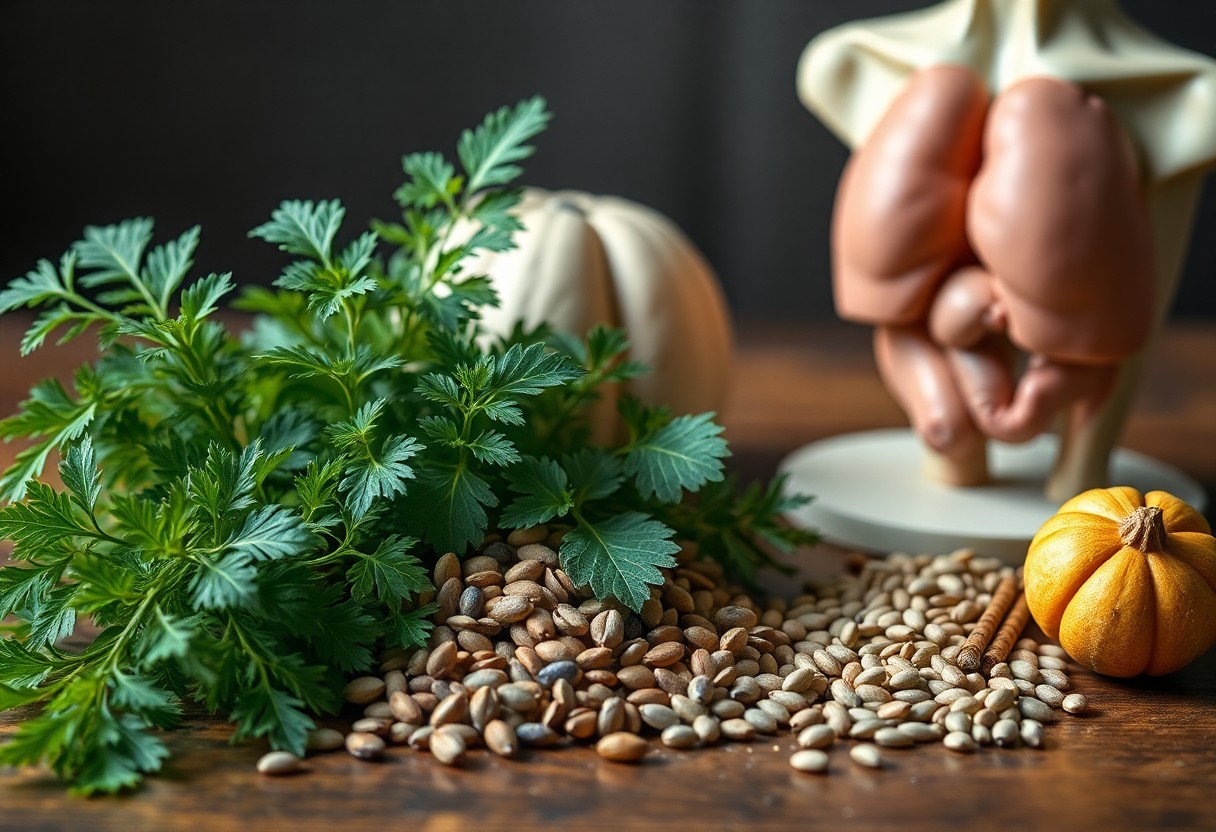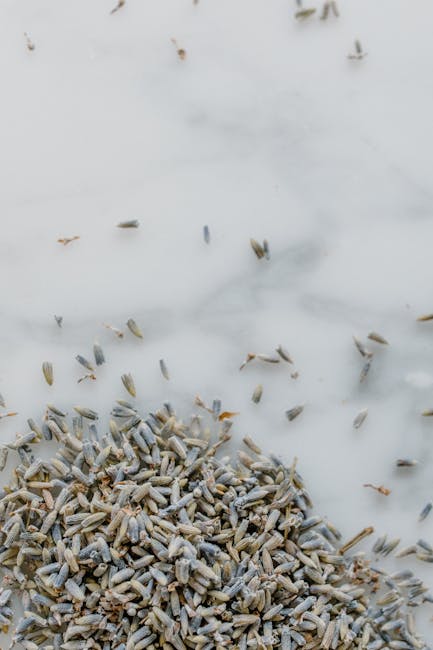Balancing Your Gut Microbiome with Herbs: An Expert’s Insight
The gut microbiome is a bustling community of trillions of bacteria and microorganisms residing in our digestive tract. Its health is fundamental to overall well-being, influencing everything from digestion to immunity and even mental health. With the rising interest in natural remedies, herbs have gained attention for their potential in balancing the gut microbiome. This blog post delves into how herbs can help achieve a harmonious gut environment and provides practical tips for incorporating them into your diet.
Understanding the Gut Microbiome
The gut microbiome consists of a complex ecosystem of bacteria, fungi, viruses, and other microorganisms. These tiny inhabitants play a crucial role in digesting food, producing vitamins, regulating the immune system, and protecting against harmful bacteria. According to a study published in Nature, the human gut is home to over 1,000 different species of bacteria, collectively weighing around 2-3 pounds. Maintaining a balanced microbiome is essential for optimal health.
The Impact of an Imbalanced Microbiome
An imbalanced gut microbiome, known as dysbiosis, can lead to numerous health issues such as digestive disorders, weakened immunity, and even mental health problems. Studies have shown that an unhealthy gut can contribute to conditions like irritable bowel syndrome (IBS), obesity, and type 2 diabetes. Therefore, nurturing a balanced microbiome is vital for both physical and mental well-being.
Herbs as Natural Allies for Gut Health
Herbs have been used for centuries in traditional medicine systems to promote digestive health. They are rich in bioactive compounds that can positively influence gut bacteria. Here are some herbs renowned for their gut-friendly properties:
1. Ginger
Ginger is well-known for its anti-inflammatory and antioxidant properties. It can enhance digestion by stimulating saliva, bile, and gastric enzymes. A study published in the World Journal of Gastroenterology found that ginger can help increase the population of beneficial bacteria in the gut.
2. Turmeric
Turmeric contains curcumin, a compound with potent anti-inflammatory effects. Research suggests that curcumin can modulate the gut microbiota, promoting the growth of beneficial bacteria while inhibiting harmful strains. Incorporating turmeric into your diet can be as simple as adding it to soups, smoothies, or teas.
3. Peppermint
Peppermint is known for its soothing effects on the digestive system. It can relax the muscles of the gastrointestinal tract, reducing symptoms of IBS. A study in the Journal of Clinical Gastroenterology highlighted peppermint oil’s effectiveness in improving IBS symptoms by positively influencing the gut microbiome.
Actionable Tips for Incorporating Herbs into Your Diet
Integrating herbs into your daily routine doesn’t have to be difficult. Here are some practical ways to boost your gut health with herbs:
Herbal Teas
Herbal teas are a convenient way to consume gut-friendly herbs. Ginger tea, peppermint tea, and turmeric tea are all excellent choices. Simply steep the herbs in hot water and enjoy a soothing cup of tea.
Herb-Infused Meals
Incorporate herbs like ginger and turmeric into your cooking. Add them to soups, stews, and stir-fries for an extra flavor boost and health benefits. For example, you can make a ginger-turmeric stir-fry with your favorite vegetables and lean protein.
Herbal Supplements
If incorporating herbs into your meals seems challenging, consider taking herbal supplements. Ginger and turmeric supplements are widely available and can be a convenient alternative to fresh herbs. Always consult with a healthcare professional before starting any supplements.
Scientific Evidence Supporting Herbs for Gut Health
Several studies have validated the positive effects of herbs on gut health. A study published in the Journal of Nutrition found that turmeric supplementation improved the diversity of gut microbiota in participants. Another study in the Journal of Gastroenterology demonstrated ginger’s ability to increase beneficial gut bacteria and improve digestion.
Conclusion: Embrace the Power of Herbs for a Balanced Gut
Balancing your gut microbiome is essential for maintaining overall health and well-being. Herbs offer a natural and effective way to support gut health, thanks to their rich bioactive compounds. By incorporating herbs like ginger, turmeric, and peppermint into your diet, you can promote a harmonious gut environment and enjoy improved digestion, immunity, and mental clarity.
Remember, while herbs can significantly benefit gut health, it’s essential to maintain a balanced diet, stay hydrated, and lead a healthy lifestyle for optimal results. Start introducing these powerful herbs into your daily routine and experience the positive impact they can have on your gut microbiome.





![The Evolution of [tea for weight loss]: - NatureZen Market The Evolution of [tea for weight loss]:](https://naturezenmarket.com/wp-content/uploads/2024/10/DALL·E-2024-10-13-22.54.24-A-1_1-ratio-1024x1024-image-illustrating-tea-for-weight-loss.-The-scene-features-a-cup-of-green-tea-with-steam-rising-surrounded-by-ingredients-com.webp)






